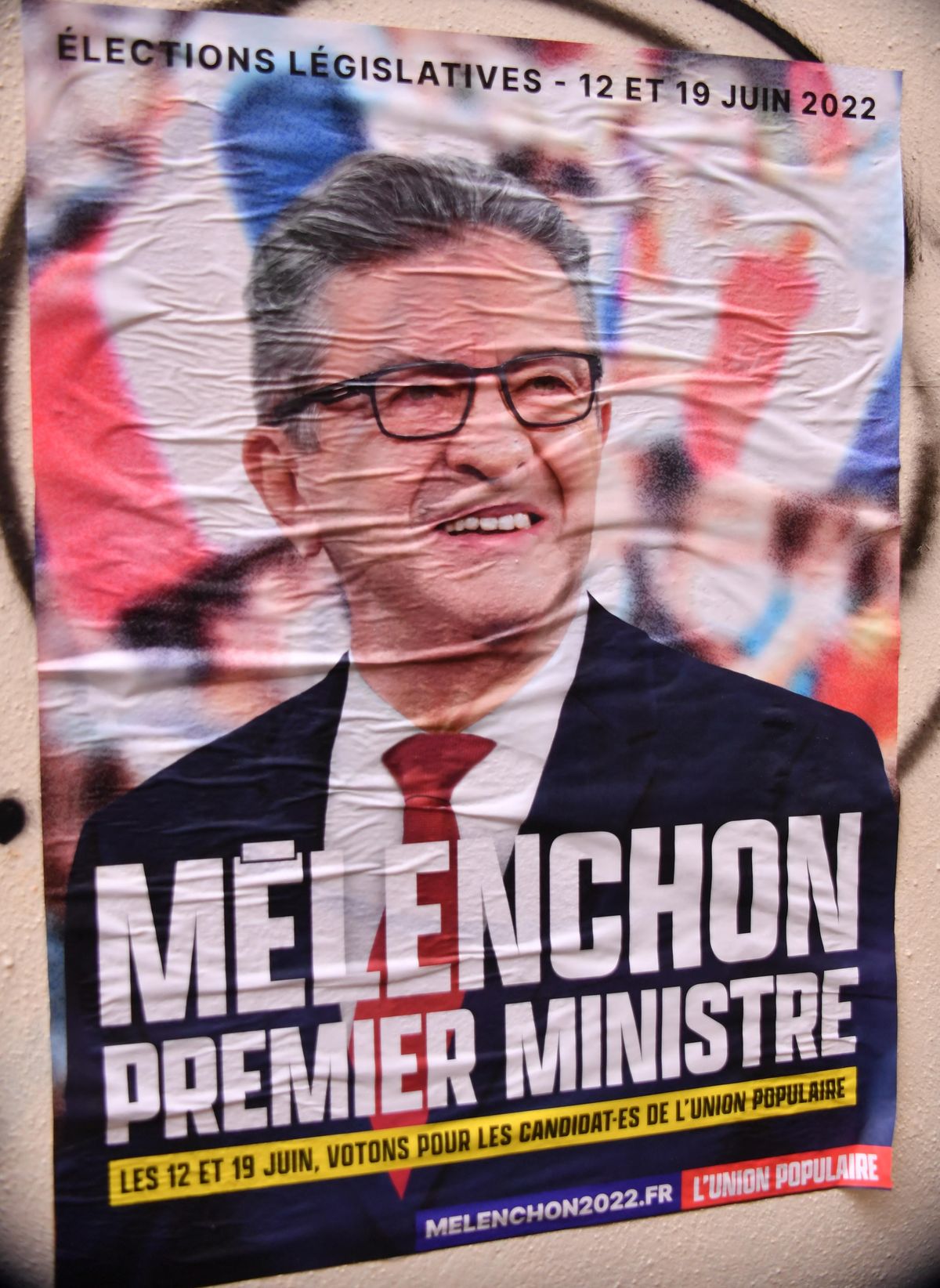Japan embraces nuclear to wean itself off Russian energy
Russia's war in Ukraine is pushing notoriously slow-moving Japan to make unusually swift policy shifts. In mid-March, Tokyo gave up its decades-long effort to negotiate with Russia over the return of the disputed Kuril Islands. Now, it's ready to ditch Russian energy, which resource-poor Japan needs to keep the lights on. (Tokyo joined Western sanctions against Russia but has not yet banned imports of Russian oil and natural gas.) PM Fumio Kishida announced Thursday that Japan will restart its mothballed nuclear reactors — a big deal because nuclear power is a highly sensitive topic in the only nation to suffer an attack with atomic weapons. Also, a tsunami caused in 2011 the Fukushima disaster, the world’s worst nuclear accident since Chernobyl. That led Japanese public opinion to sour on nuclear, but now a majority support Kishida's plans, which also aim to help the country become carbon-neutral by 2050. Interestingly, the announcement comes just days after a top Japanese investor confirmed a $21 billion natural gas project in Siberia despite uncertainty over Russian sanctions and fears that Russia will cut off Japan first.
Will the left make Macron a lame duck?
President Emmanuel Macron triumphed in last month’s presidential election despite a closer-than-hoped-for race for the Élysée. But he’s still facing tough competition. A ragtag of four left-leaning parties have now joined forces ahead of legislative elections this June in an attempt to block Macron’s legislative agenda. After what appeared to be painstaking negotiations, Jean-Luc Mélenchon – who heads the far-left France Insoumise Party (LFI) and came a close third in the first round of the presidential election – has convinced the Communist and Socialist parties to join a bloc he’s already formed with the Greens. (Though leadership has agreed, the deal still needs to be approved by the Socialist Party's national committee.) The LFI-led bloc wants to thwart Macron’s ability to get anything done in the National Assembly, particularly his pledge to raise the retirement age from 62 to 65. If they succeed in robbing Macron of a parliamentary majority, the president could be forced to appoint a leftist prime minister to steer the legislative agenda. Will the incumbent’s Renaissance rebrand lead to another triumph?

















